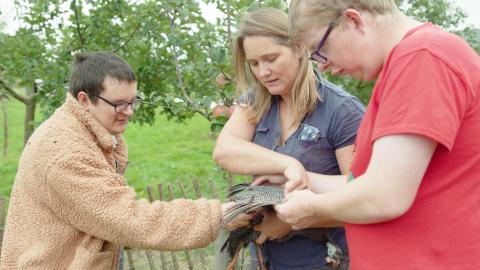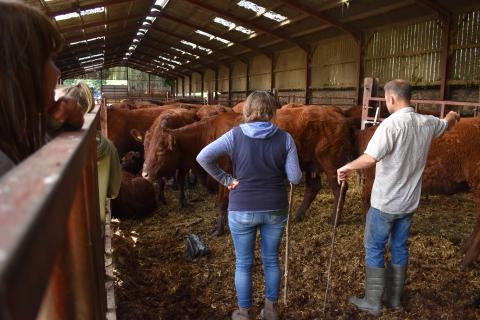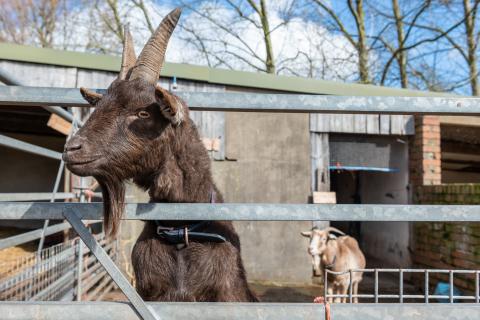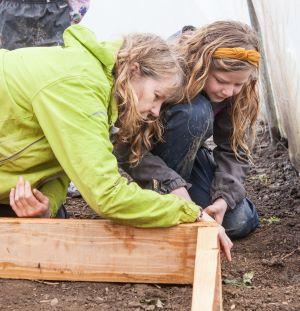Who is care farming for?
Anyone with a defined need can benefit from care farming. A defined need could be a clinical diagnosis, a social care need or an educational need.
Care farms often provide services for:
- People with mental ill-health
- Young people excluded from school or on Alternative Provision
- Adults, young people or children with learning disabilities or with ASD
- People living with dementia
- Ex-service personnel with PTSD
- People with a drug or alcohol addiction history
Around 400 care farms provide an estimated total of 10,200 places per week across the UK. Care farming is becoming more widely recognised as an effective service by health, specialist education and social care commissioners.
All sorts of organisations refer people to care farms – from social services, community mental health teams, schools, Pupil Referral Units (PRUs) and Alternative Provision Institutions (APIs) to GPs, probation services and families.
Find out more about different care farming services and how they help people.
Related articles
What is the Growing Care Farming project?
Social Farms & Gardens, in partnership with Thrive, delivered the Growing Care Farming Project between May 2019 - March 2022.
What is the scale of care farming in the UK?
We track the scale and scope of the care farming sector and provide valuable data for care farmers and the green care sector.
Wider benefits of care farming?
Care farming is a good thing in lots of different ways. Find out how it helps service users, health and social care providers, farmers and wider society.
Why does care farming work?
Care farming is a powerful mix of nature, social interaction and meaningful farming activity. Understand why care farming changes people's lives.
What is care farming?
If you're new to care farming, you might be wondering what the term means. Find out what care farming is and what care farms do.










